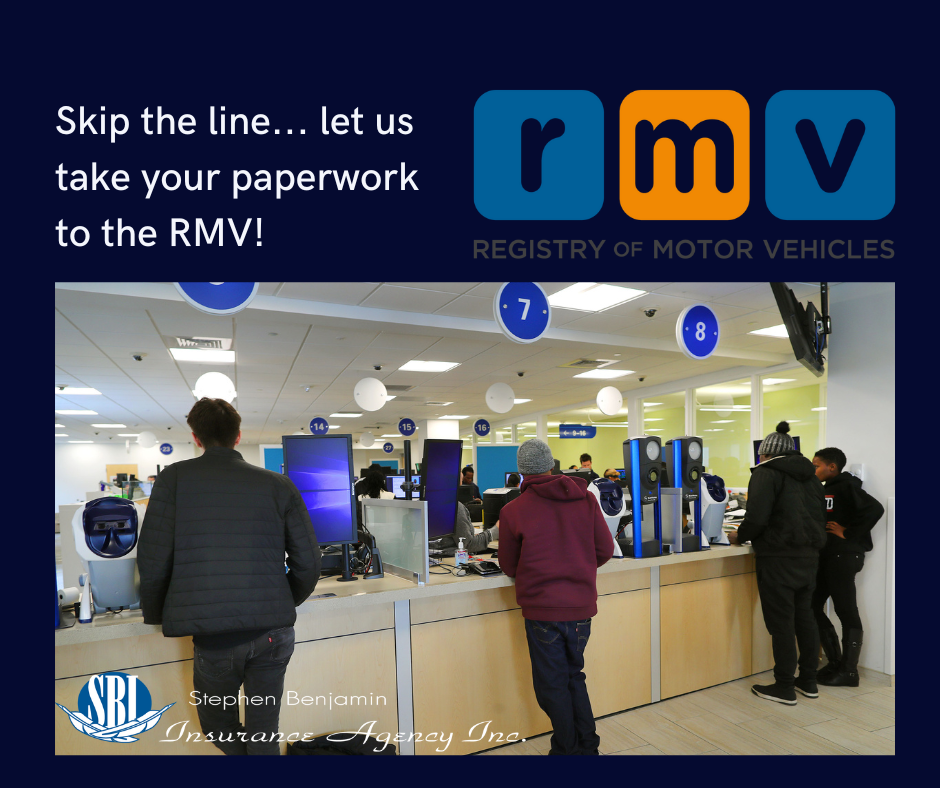March is National Umbrella Month!
March is National Umbrella Month!
What is personal umbrella insurance and do I need it?
Umbrella insurance works very much like an umbrella you would use to keep the rain away. It extends the protection your home or auto offers. A personal umbrella policy provides liability insurance over and above your primary insurance policies, such as homeowners and auto. It’s used when you are found liable for a claim that exceeds the limits of your underlying policies.
Let’s tackle a few questions about umbrella insurance coverage as we celebrate National Umbrella Month!
So what does umbrella insurance cover?
-
Bodily injury liability covers the cost of injuries to another person
-
Property damage liability covers the cost of damage or loss to another person's tangible property
-
Other personal liability covers other actions a policyholder could be sued for, such as:
-
Slander (an injurious spoken statement)
-
Libel (an injurious written statement)
-
False arrest, detention, or imprisonment
-
Malicious prosecution
-
Mental anguish or shock
-
What are some examples of when you may need an umbrella policy?
-
You cause a 10-car accident and your auto insurance property damage coverage isn’t high enough to replace all 10 accident victims' vehicles. Nor is your personal liability coverage high enough to pay for their medical bills.
-
You send sandwiches to your son’s school for a field trip lunch. Several students develop food poisoning and their parents sue you.
-
Have a pool in your backyard? Say you host a backyard BBQ and a neighbor who can’t swim ends up in the deep end. Your homeowners insurance liability limit alone might not be high enough to cover all of the medical or legal costs from this incident.
-
Your child gets in a fight at school and breaks another kid’s arm. The parents of the injured child sue.
So do I really need umbrella insurance?
As a general rule, you should purchase umbrella insurance if the total value of your assets, including ordinary checking and savings accounts, retirement and college savings and investment accounts, and home equity is greater than the limits of your auto or homeowner's liability. The idea behind this advice is that you want to have enough liability insurance to fully cover your assets so you can’t lose them in a lawsuit.
A second piece to consider is “Am I at risk of being sued?” and the answer here is that while yes, everyone is, especially in the lawsuit happy world we live in, however some may be more at risk than others. If you own property and rent it out, if you employ household staff, have a trampoline or a hot tub, or swimming pool, if you often host large parties, have teenage drivers, or if you are a well known public figure, all of these types of activities can put you more at risk.
Ok, so what is it going to cost me?
Compared to other types of insurance, umbrella coverage is quite affordable. As far as the “Bang for your buck” factor goes - umbrellas are tough to beat! The Insurance Information Institute says most $1 million policies cost $150 to $300 per year. You can expect to pay about $75 more per year for $2 million in coverage, and another $50 per year for every extra $1 million in coverage beyond that. Most insurance companies’ umbrella liability policies start at $1 million in coverage, with higher limits available.
Why is umbrella insurance so cheap? It’s partly because you have to carry plenty of homeowner's and auto insurance before an insurance company will issue you an umbrella policy. You’ll need to carry certain liability coverage available under your homeowner's and auto policies before you can purchase an umbrella policy.
What doesn’t an umbrella policy cover?
-
Damage to your own property. Remember, it’s a liability policy, so it will only cover you if you’re held responsible for damage to someone else’s property.
-
Damage that you or a covered member of your household cause on purpose. If you deliberately pushed your party guest down the stairs, umbrella insurance wouldn’t cover the costs of the lawsuit or judgment (and neither would your homeowner's insurance).
-
Liability incurred in business or professional activities. You’ll need business liability insurance to cover these incidents.
If you have questions about your liability coverage and whether or not you need umbrella insurance, please contact our office. We’d be happy to review your current policies and situation to help you weigh the costs and potential benefits of this coverage.


